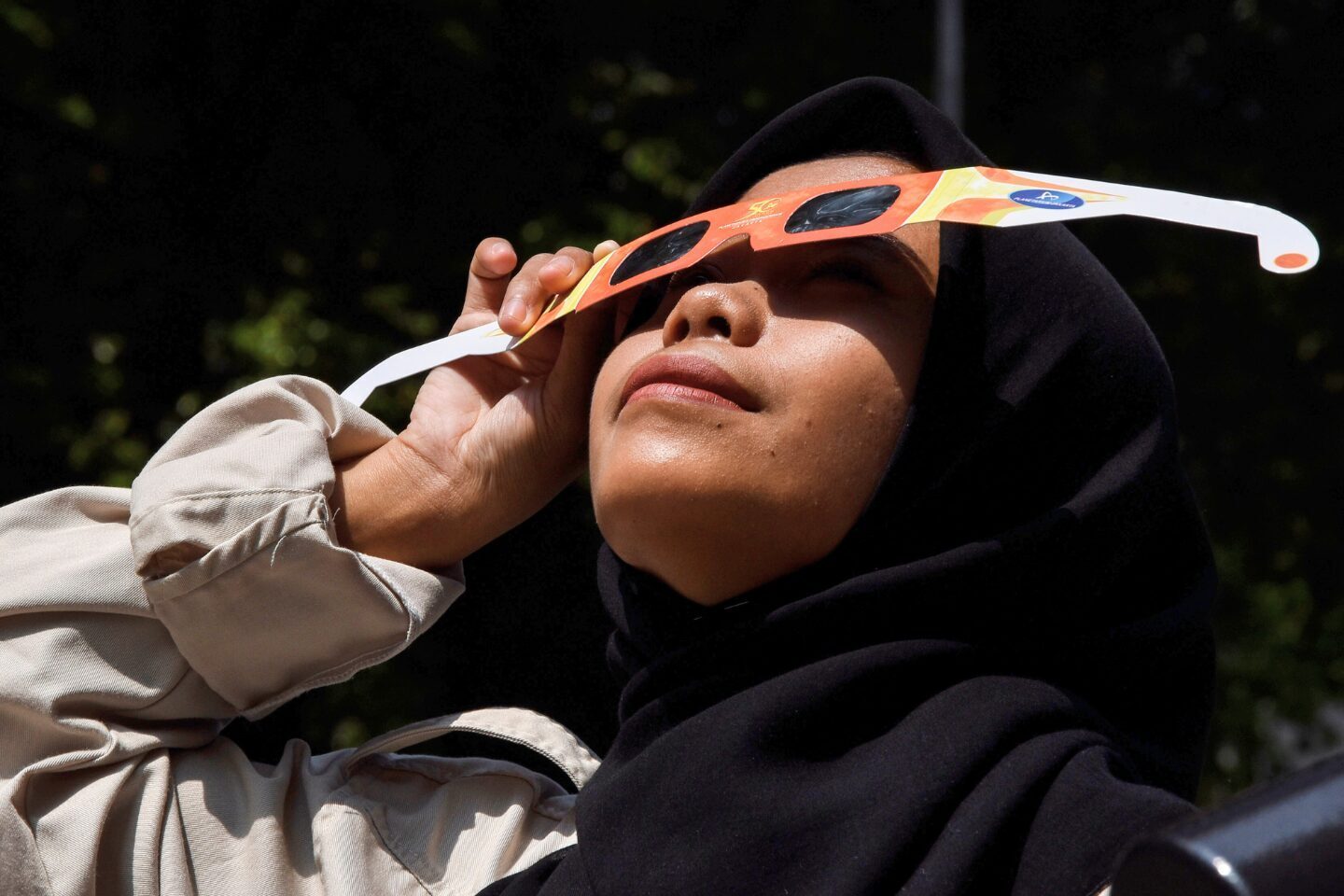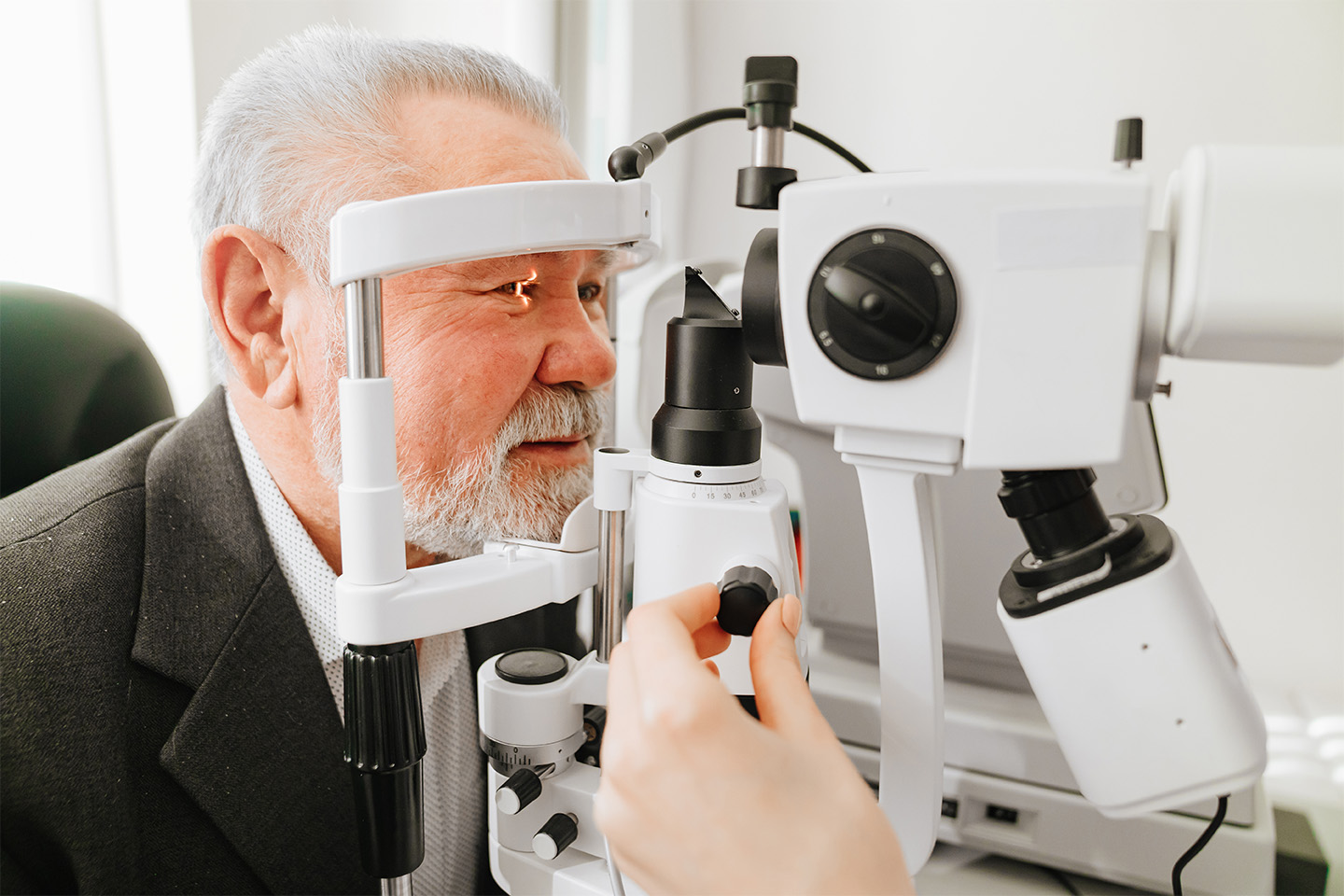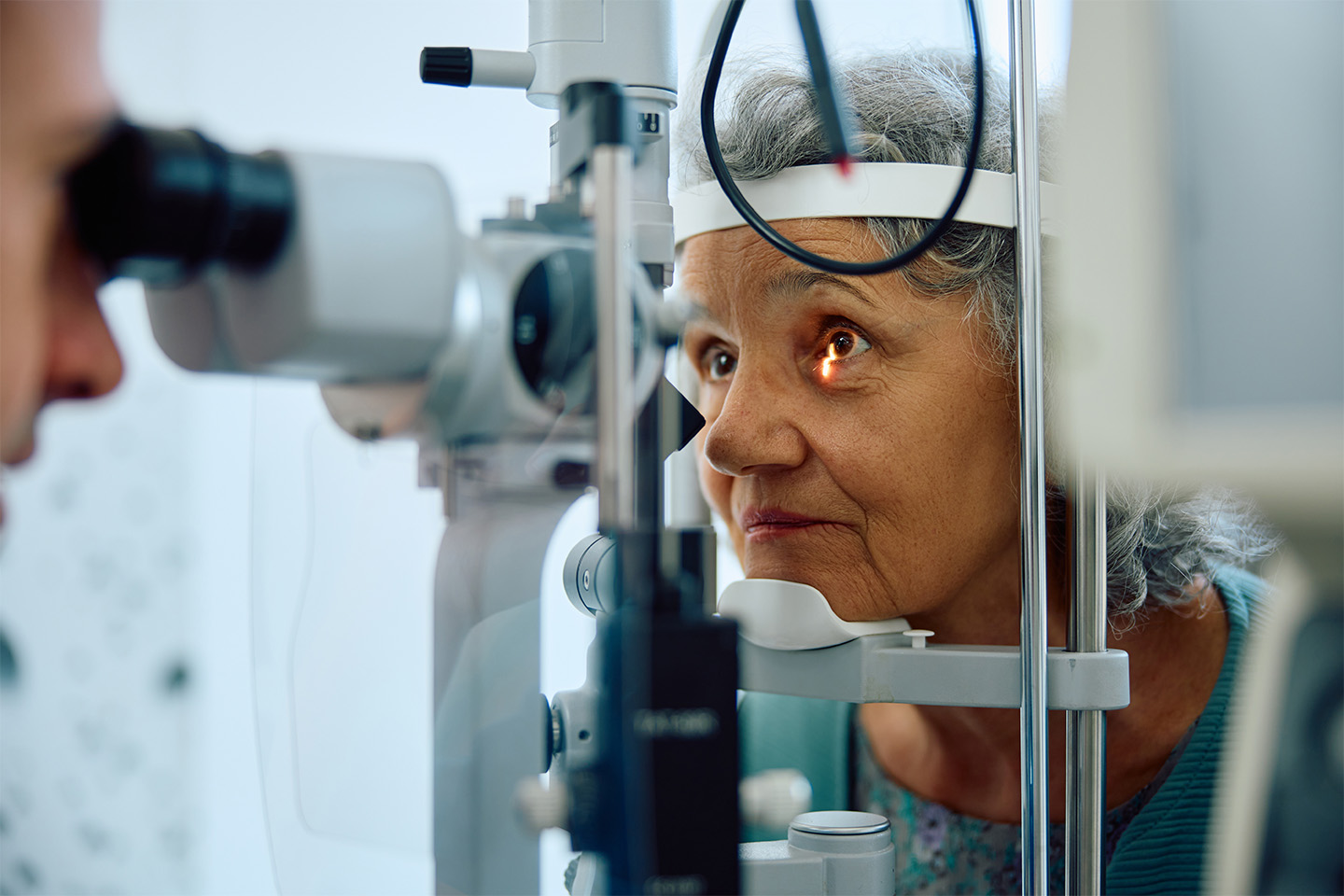Women’s Eye Health Month: Protecting Your Vision

Did you know more women suffer from eye conditions and vision loss than men? In fact, two-thirds of all cases of blindness are in women. Often, women aren’t even aware of these staggering statistics and their increased risk for potential diseases. That’s why Prevent Blindness has declared April as Women’s Eye Health & Safety Month—to educate and raise awareness. After all, 75% of conditions are preventable or treatable with early intervention, including cataract and LASIK eye surgery in Dallas.
Continue reading for the most common eye conditions among women and how to protect your eyes for years to come.
Why Are Women at Greater Risk?
According to the World Health Organization, women tend to live longer than men, giving them more opportunity to develop certain conditions. Other characteristics also make women more susceptible to eye diseases, including:
- Hormonal changes during pregnancy, menopause, or birth control use
- Increased risk of conditions that affect the eye, such as lupus, arthritis, multiple sclerosis, etc.
- Smoking
- Poor nutrition
- Obesity
The Most Common Eye Conditions Among Women
Presbyopia
Presbyopia, also known as age-related farsightedness, is a condition that happens in both men and women over 40 due to years of protein build-up in the natural lens of the eye and a loss of lens elasticity. Common surgical options, like LASIK, cannot reverse this natural aging process. However, bifocal glasses, contact lenses, over-the-counter readers, and other devices can improve vision.
Cataracts
Cataracts are characterized by the clouding of the natural lens, causing blurred vision, halos, light sensitivity, less vivid colors, and even blindness when left untreated.
Cataract surgery involves replacing the clouded, natural lens with a monofocal, multifocal, or trifocal artificial implant. At Kleiman Evangelista Eye Centers, we offer PanOptix Trifocal lens, which provides the best vision at three standard distances: near, intermediate, and far. We also offer the Vivity lens which provides good intermediate and far vision and may reduce glare/haloes after surgery compared to other lenses.
Glaucoma
Glaucoma is the second leading cause of blindness in adults over 60.Increased pressure damages the optic nerve and causes loss of nerve tissue. However, glaucoma can also occur in the absence of high pressures. This damage can cause blind spots and eventually total vision loss.
There is no cure for glaucoma. However, glaucoma treatment in Dallas can help slow the progression of this disease and preserve your remaining vision. Treatment options range from medicated eye drops to one of many surgical options that fix drainage problems and decrease eye pressure.
Age-Related Macular Degeneration
Age-related Macular Degeneration is the leading cause of vision loss among Americans, but it rarely causes total blindness. Damage to the macula from abnormal blood vessel growth and leakage or fat and protein build-up in the eye can greatly impact central vision. Peripheral vision tends to remain intact.
Injections or photodynamic therapy both aim to stop the growth of abnormal blood vessels and restore proper function.
Dry Eye
The production of too few or low-quality tears is the direct cause of dry eye. Due to hormonal changes, women are more likely to develop dry eyes than men. Fortunately, environmental changes and artificial tears can alleviate the symptoms of dry eye. There are many other treatments that can help with dry eyes including warm compresses, punctal plugs, and amniotic membranes.
How to Protect Your Eyes
As a woman, you can safeguard your eyes with these minor lifestyle adjustments:
- Wear sunglasses for UV protection
- Know your family history
- Don’t smoke
- Eat a healthy, colorful diet consisting of green, leafy vegetables, omega-3s in fish and flax seeds, and foods high in beta-carotene, lutein, and zinc, like carrots, sweet potatoes, tomatoes, etc.
- Get regular eye exams
It’s easy to get swept up in caring for others and neglect your own eye health. The best way to protect your eyes is to schedule a yearly eye exam with the eye care specialists in Texas, so you can monitor vision changes and detect and treat conditions early.









